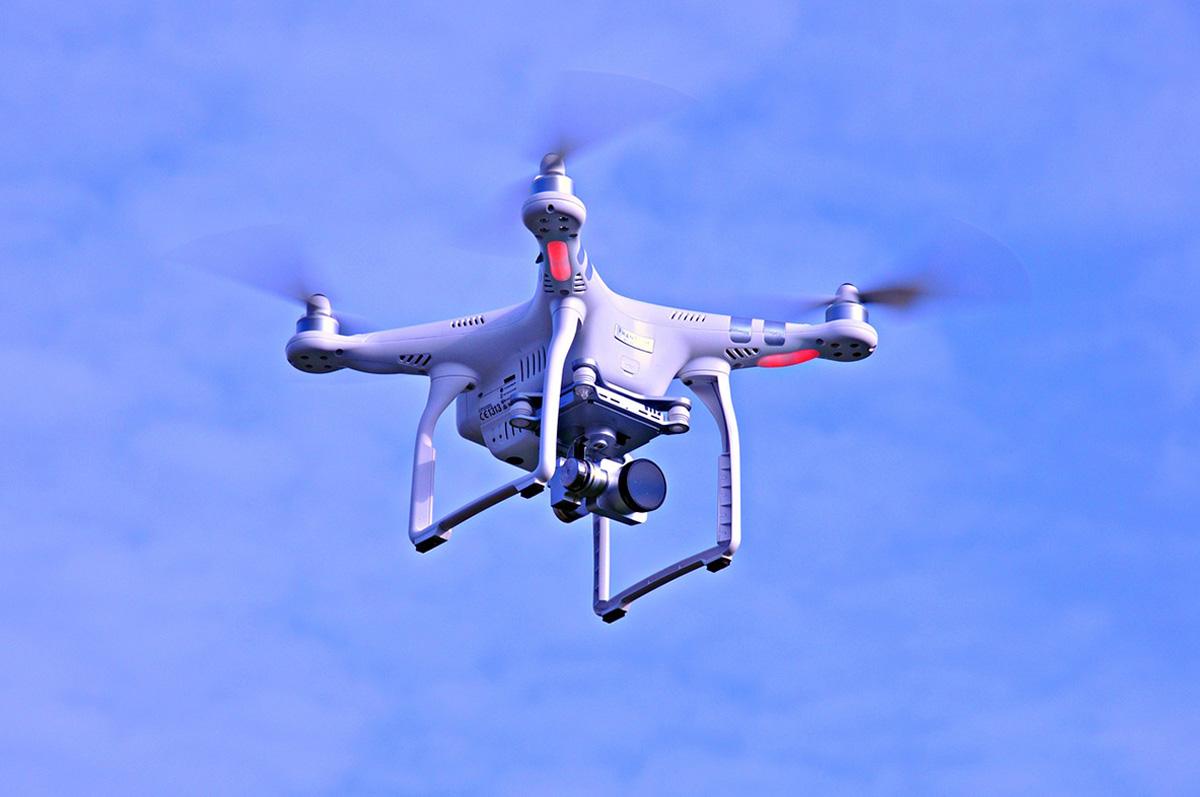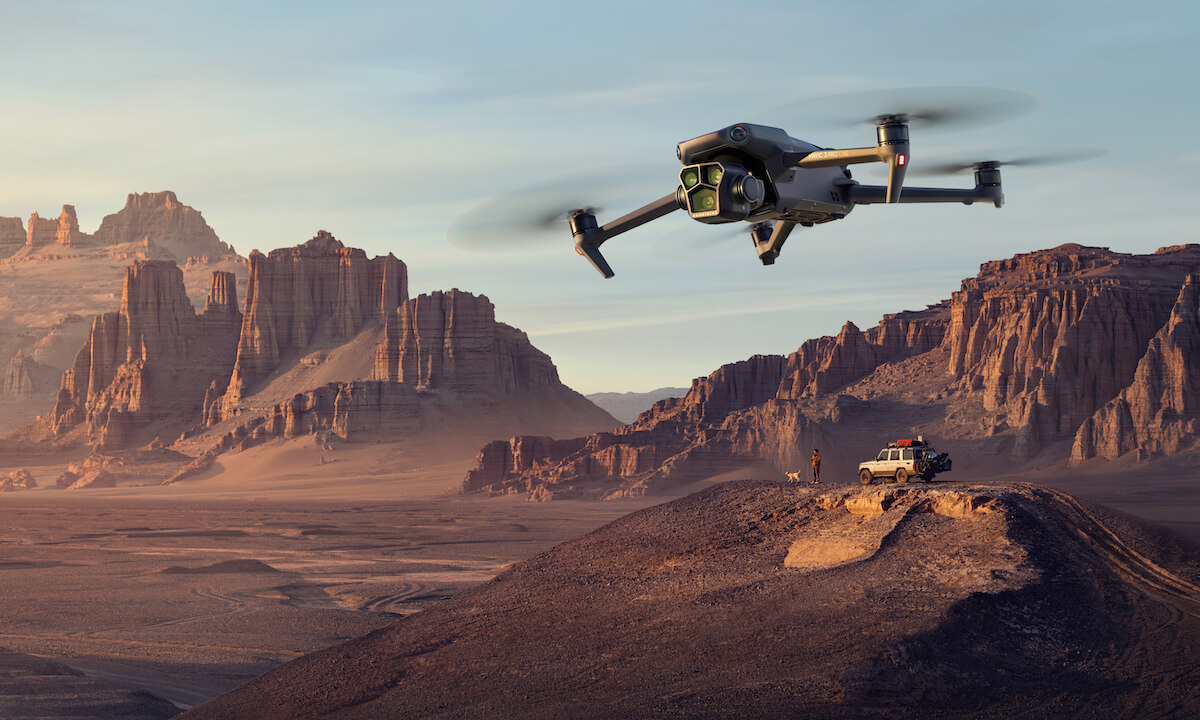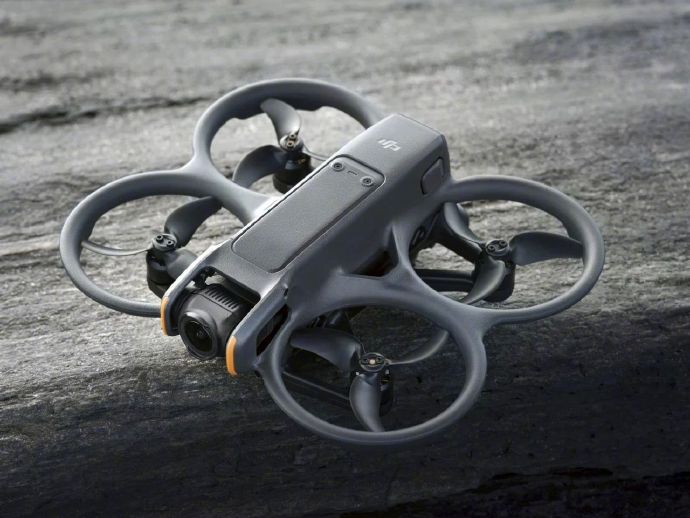When it comes to choosing personal drones with cameras, the options can be overwhelming. These flying gadgets, often equipped with advanced technology, offer endless possibilities for capturing stunning aerial footage, surveying landscapes, or even live-streaming events. But how do you select the right one? Below, we’ll dive into key features to consider while ensuring you get the best out of your personal drone experience.
Camera Quality: The Heart of the Drone
The primary reason many users invest in personal drones with cameras is the visuals. The quality of the camera directly impacts the value you’ll get out of your drone. Look for drones that offer at least 4K resolution for video and a high megapixel count for still photos. This ensures you capture every detail, whether you’re taking cinematic shots or recreational footage. Additionally, investigate whether the drone has features like HDR (High Dynamic Range) for better contrast and colors, and aperture adjustment for optimal lighting.
Stabilization Technology
Even the highest quality cameras can fall short without proper stabilization. Look for drones with integrated gimbals or advanced Electronic Image Stabilization (EIS) to smoothen out jerky movements caused by wind or directional changes. A 3-axis gimbal is often considered the gold standard for stabilization in personal drones with cameras.
Flight Time and Battery Life


Your experience with personal drones will largely depend on their flight time. Many mid-range drones offer 20-30 minutes of flight per charge, while premium ones can exceed that. If extended durations are important, opt for models with fast-charging capabilities or removable batteries. Keeping an extra battery as a backup can also save you from mid-flight interruptions.
Range and Connectivity
The range of your drone determines how far it can fly while maintaining connection with your controller or smartphone. Advanced drones can have ranges exceeding 10 kilometers, which are excellent for exploring vast terrains. Additionally, modern drones often feature powerful Wi-Fi, GPS, or even 5G connectivity, offering uninterrupted live feeds and better precision.
Obstacle Avoidance & Safety Features
Flying a drone is fun until you crash it. To minimize this, consider drones equipped with obstacle avoidance systems using sensors like LiDAR or cameras to detect and avoid potential collisions in real-time. Added safety features, such as return-to-home functionality, geofencing, and safe landing protocols, are crucial to protect both your drone and surroundings.
Pro tip: Always check local drone regulations to avoid running into legal troubles during your flights.
Portability
For personal use, portability is another essential factor to evaluate. Smaller, foldable drones are easier to carry in backpacks and are perfect for adventurers or casual flyers. Yet, compact drones should not compromise on advanced features such as 4K videos and GPS-based technology.
Control and User-Friendliness
The best personal drones provide an intuitive experience, even for beginners. Many use smartphones as controllers or pair them with minimalistic remotes featuring fewer buttons but greater functionality. Some drones even boast intelligent flight modes like follow-me, orbit, or waypoints for simplified flying experiences that deliver stunning shots.
Price & Value

With options available in various price ranges, balance your budget with the features you need. Affordable drones between $200-$500 often include basic functionalities, whereas premium models priced beyond $1,000 offer highly advanced tools like hyper-lapse video or cinematic-grade sensors. Don’t forget to factor in extra costs, such as spare parts, extra batteries, or carrying cases.
Conclusion: Customized Choice Based on Your Needs
Ultimately, selecting the right personal drone depends on your unique requirements. Are you a travel blogger, hobbyist, or someone venturing into professional filmmaking? Your usage will determine the specs you need. Remember to read reviews, compare brands, and consider after-sale services before finalizing your investment.
FAQs
- Q: What is the best drone for beginners?
A: Many drones, such as DJI Mini 2 or Holy Stone HS720, are beginner-friendly with features like auto takeoff and intuitive controls.
- Q: Do personal drones require licenses?
A: Licensing requirements vary by country; always check local laws before flying your drone.
- Q: Can drones operate in bad weather?
A: High-end drones may be weather-resistant, but it’s generally advised to avoid flying in rain, snow, or heavy winds for safety and functionality.
